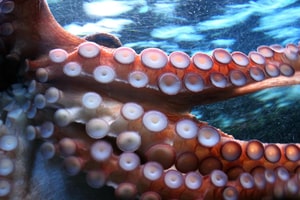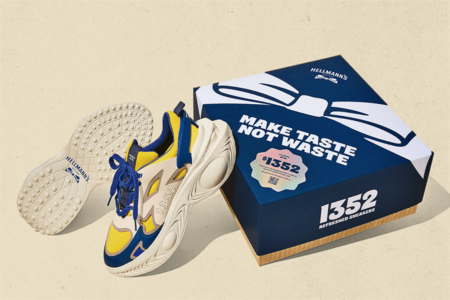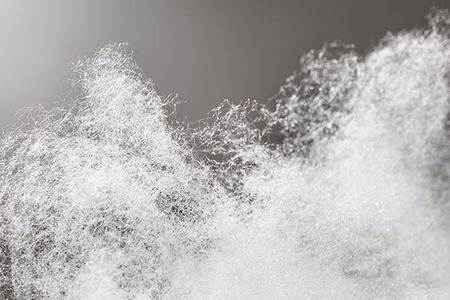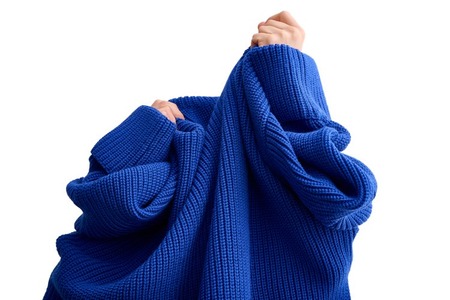
Protein found in squid forms fibres of sustainable materials
YarnsandFibers News Bureau 2019-03-01 13:34:00 – LondonMaterials made from this protein are sustainable and can be produced on a large-scale production using laboratory culture methods. The advance is published in Frontiers in Chemistry. “Squid proteins can be used to produce next-generation materials for an array of fields including energy and biomedicine, as well as the security and defence sector,†said lead author Melik Demirel, Lloyd and Dorothy Foehr Huck Endowed Chair in Biomimetic Materials, and Director of Center for Research on Advanced Fibre Technologies (CRAFT) at Penn State University, USA. “We reviewed the current knowledge on squid ring teeth-based materials, which are an excellent alternative to plastics because they are eco-friendly and environmentally sustainable.â€
“Nature produces a variety of smart materials capable of environmental sensing, self-healing and exceptional mechanical function. These materials, or biopolymers, have unique physical properties that are not readily found in synthetic polymers like plastic. Importantly, biopolymers are sustainable and can be engineered to enhance their physical properties,†he added.
The elasticity, flexibility and strength of squid ring teeth (SRT) based materials – as well as their self-healing, optical, and thermal and electrical conducting properties – can be explained by the molecular arrangements they can adopt.
SRT proteins are composed of building blocks arranged in such a way that micro-phase separation occurs. This is a similar situation to oil and water but takes place at the nanoscale. The blocks cannot separate completely to produce two distinct layers, so instead molecular-level shapes are created, such as repeating cylindrical blocks, disordered tangles or ordered layers. The shapes formed dictate the property of the material and scientists have experimented with these to produce SRT-based products for a variety of uses.
In the textiles industry, SRT protein could address one of the main sources of microplastic pollution by providing an abrasion-resistant coating that reduces microfibre erosion in washing machines. Similarly, a self-healing SRT protein coating could increase the longevity and safety of damage-prone biochemical implants, as well as garments tailored for protection against chemical and biological warfare agents.
Multiple layers of SRT proteins can be interleaved with other compounds or technology, which could lead to the development of ‘smart’ clothes that can protect people from airborne pollutants while also monitoring health. The optical properties of SRT-based materials mean these clothes could also display information about a person’s health or surroundings. Flexible SRT-based photonic devices – components that create, manipulate or detect light, such as LEDs and optical displays, which are typically manufactured with hard materials like glass and quartz – are currently in development.
SRT proteins are cheaply and easily produced from renewable resources and researchers have found a way of producing it without harming a squid. “We don’t want to deplete natural squid resources and hence we produce these proteins in genetically modified bacteria. The process is based on fermentation and uses sugar, water, and oxygen to produce biopolymers,†said Demirel. It is hoped that the SRT-based prototypes will soon become available more widely, but more development is needed.
“We are now working on the processing technology of these materials so that we can make them available in industrial manufacturing processes,†said Demirel.
Market Intelligence
Ask for free sample Report

experience
Customer Base
dedicated team
Countries Served Worldwide




![Freitag unveils new Mono[P6] circular backpack](https://www.yarnsandfibers.com/wp-content/uploads/2024/04/Freitag.jpg)




